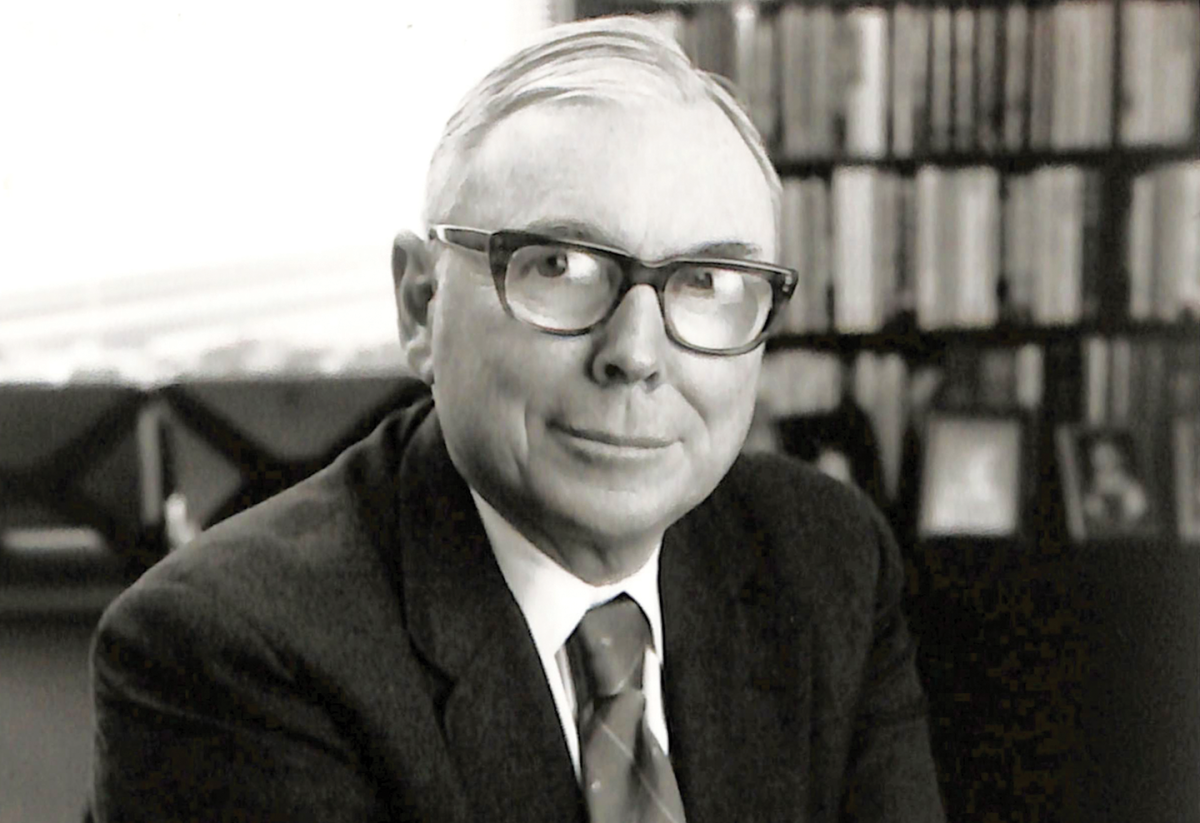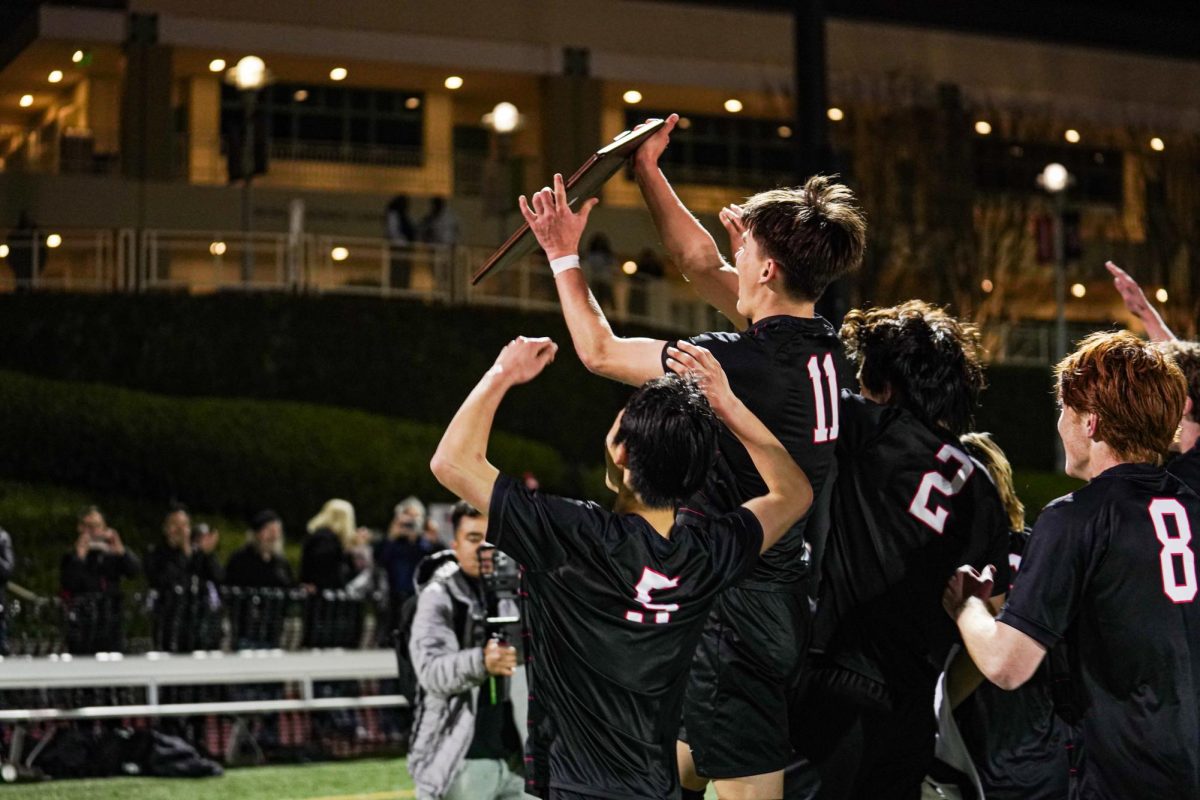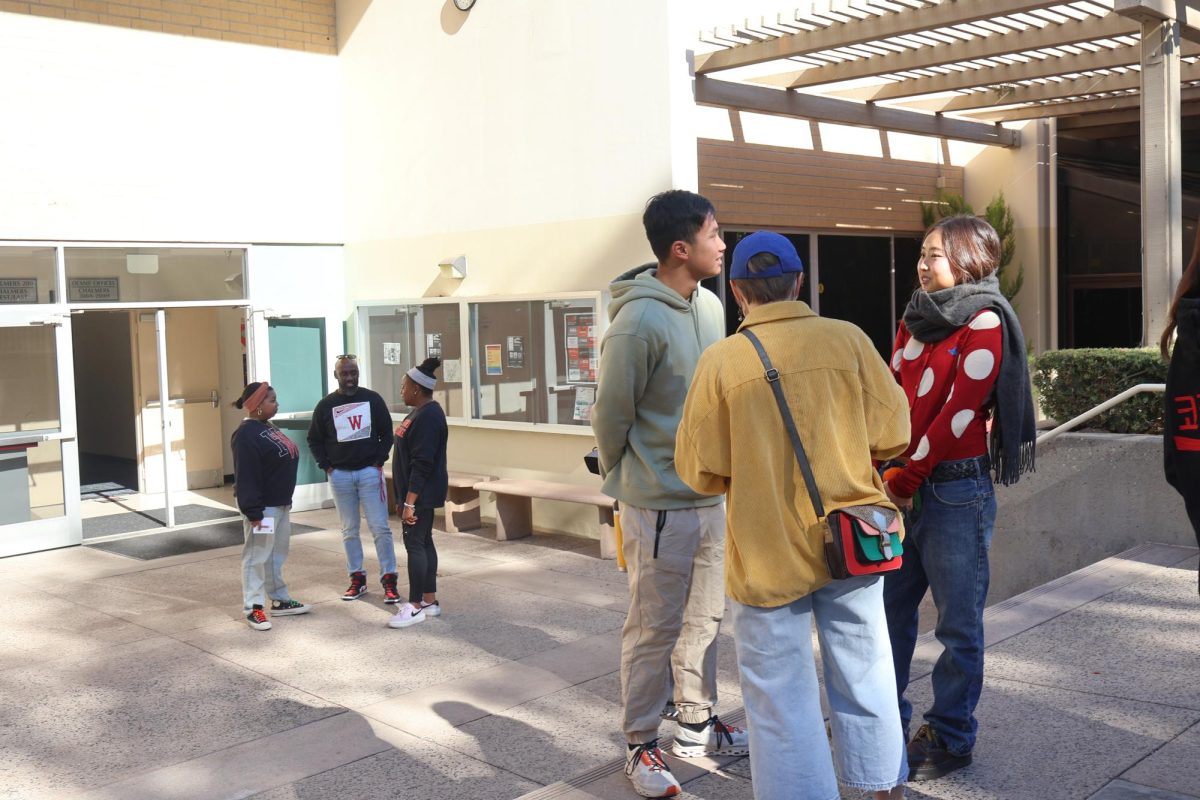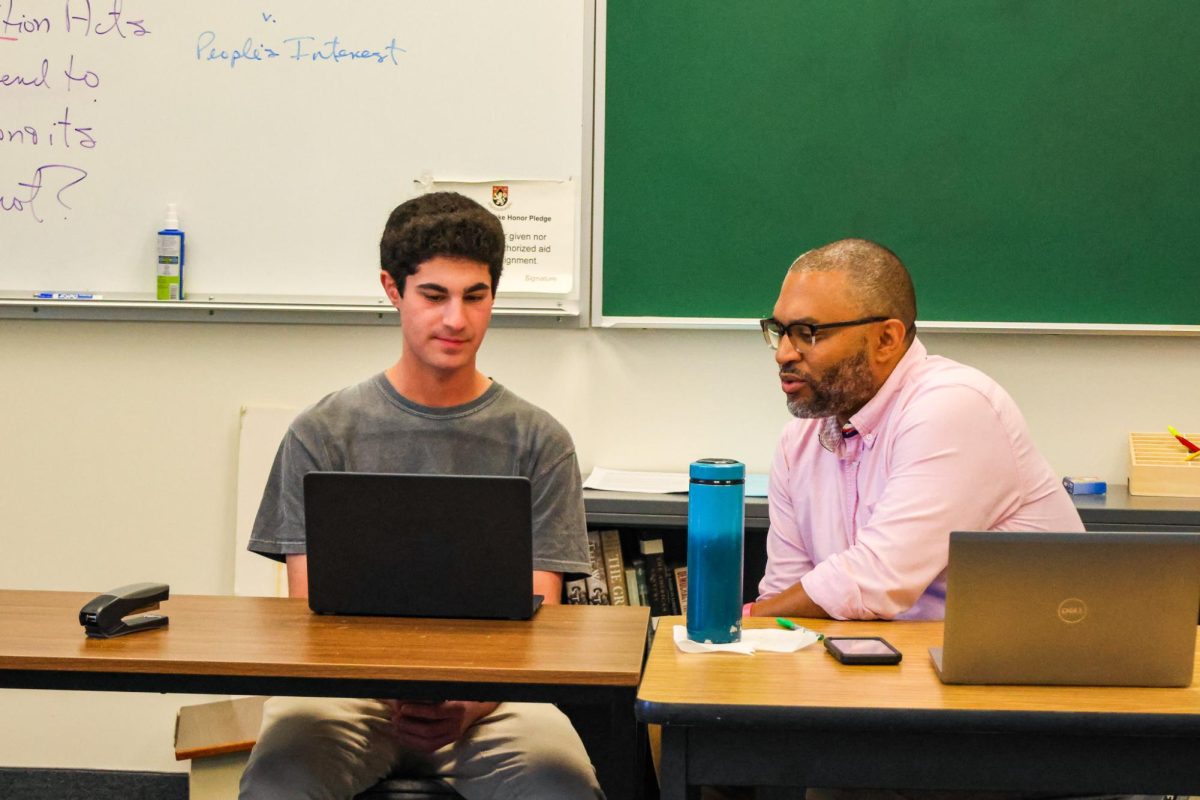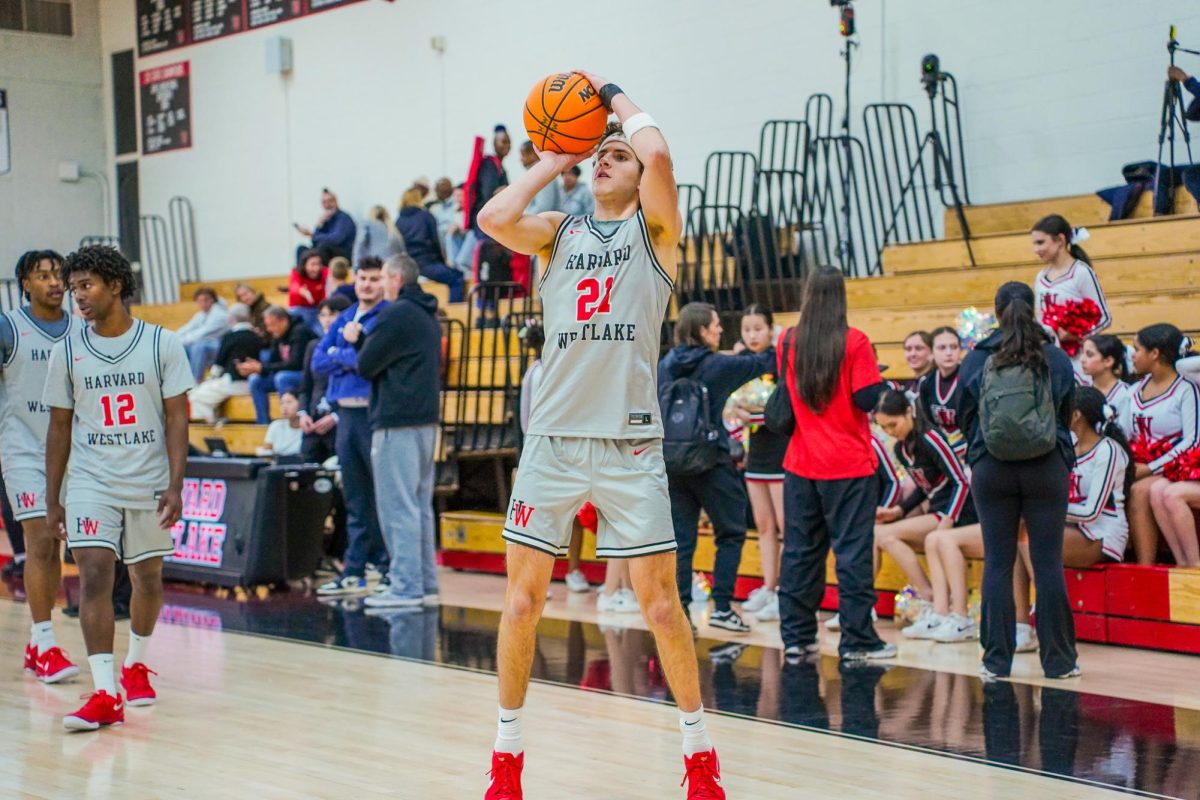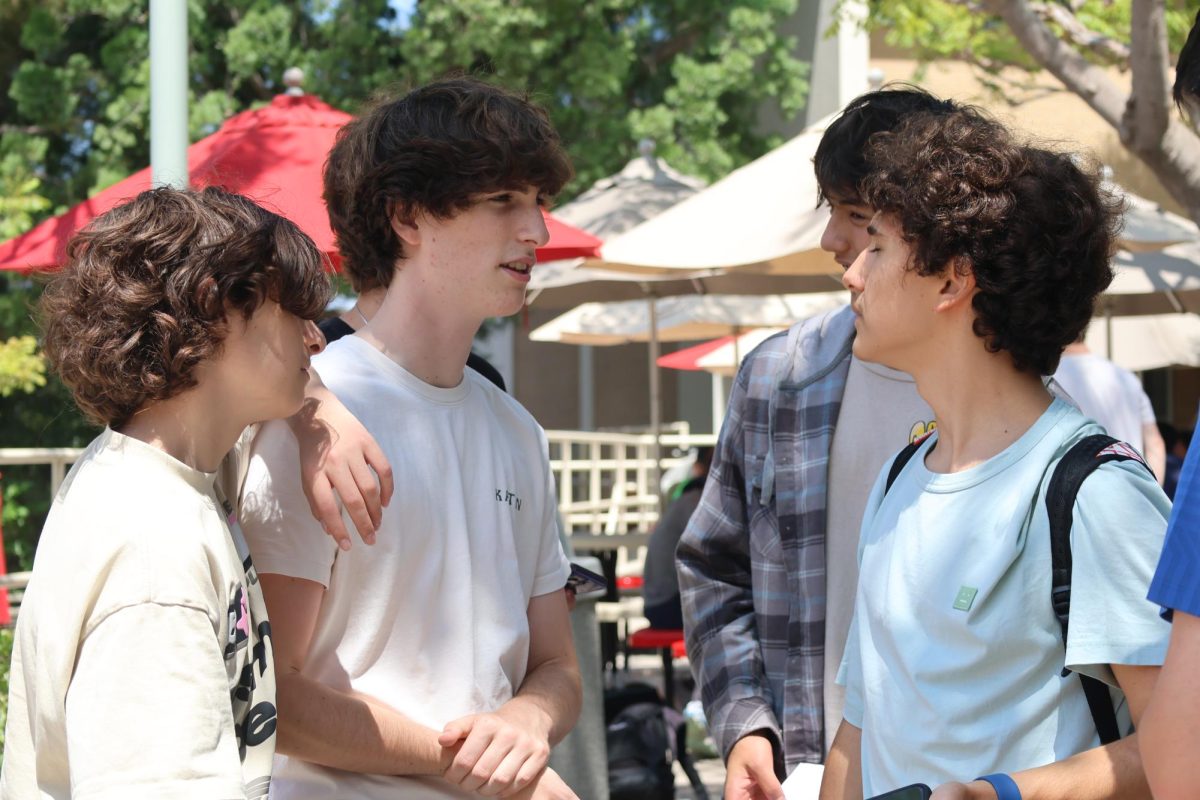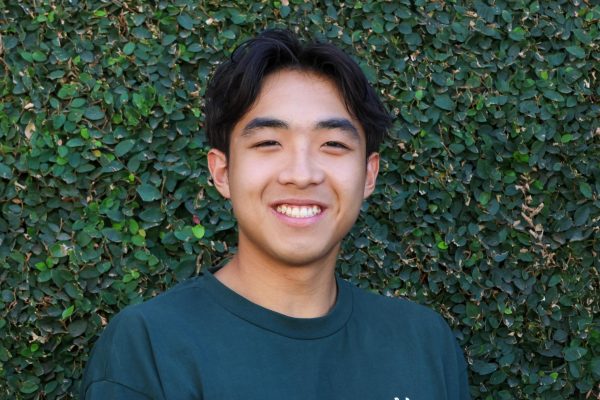Trustee Charles (Charlie) Munger died on Nov. 28 at 99 years old after serving on the Board of Trustees for 54 years. The father of five graduates, Munger joined the Harvard School Board of Trustees in 1969 and witnessed the 1989 merger of Harvard School for Boys and Westlake School for Girls campus renovations, land acquisitions and numerous financial and institutional decisions.
Munger was born in 1924 in Omaha, Nebraska. After serving in the military, Munger attended Harvard Law School and practiced law for 17 years. In the 1960s, Munger ended his law practice to pursue investment management. After meeting Warren Buffett, he became vice chairman of Berkshire Hathaway, the largest investment holding company in the world, according to Business Insider.
In an email sent to the school community, President Rick Commons said Munger had an unprecedented devotion to the school, having brought to the Board of Trustees a trio of his financial, business and social philosophies.
“What [Munger’s] Trustee colleagues will also remember are his astonishingly nimble mind, his encyclopedic erudition and his flair for unpretentious aphorisms revealing essential principles for business and for life,” Commons said. “[Munger] never missed a Harvard-Westlake board meeting, and even at 99, he somehow saw the future more clearly, understood key issues more quickly and expressed complex ideas with more wit and simplicity than anyone we have known or are likely to encounter again.”
Former President Thomas C. Hudnut, who was personally selected by Munger to serve as president of Harvard School, said Munger approached his position on the board with humility and sagacity.
“[Munger] was smart enough to know that coming across as the smartest person in the room wouldn’t do him any favors,” Hudnut said. “The bottom line with [Munger], as with most highly successful people, was that he had impeccable judgment. He understood [which] people to hire. He understood what stocks to buy, [and] he knew how to make intelligent decisions about what to do and was rarely wrong.”
Throughout his lifetime, Munger donated a total of $74 million to the school, helping finance the Upper School’s science center, the Middle School’s library, affordable and accessible housing for faculty and staff and the school’s purchase and development of the River Park campus.
Hudnut said in addition to Munger’s successful career and devotion to the school, he was an enjoyable person to spend time with.
“When I [became President of Harvard School] in July of 1987, I thought I should meet [Munger] in person and thank him,” Hudnut said. “I thought he would be taking me somewhere nice for lunch. We walked out of his office, got in the elevator and [went] all the way down to the basement of the Arco Tower where there was a McDonald’s. We got in separate lines, [and] I paid for my own lunch. [It was] not what I was expecting at all. He was a wonderful man, [and] he was a funny man.”
In addition to his donations to the school, Munger contributed to Marlborough School, Polytechnic School, Stanford University, the University of Michigan and the University of California, Santa Barbara. Chief Financial Officer David Weil ’93 said Munger’s commitment to the school was unmatched and rooted in the pleasure he derived serving on the Board of Trustees, the tangible success of the school and continual resolve to improve.
“His association with Harvard-Westlake is longer than any other organization that he was ever involved in during his life,” Weil said. “When [Munger] looked around the board table, he enjoyed the other trustees whom he got to spend time with. He also loved the school and felt that we do things the right way. He liked being part of that. He liked seeing our track record. He liked the way we think about things. He liked the way that we’ve enjoyed success but are continuing to try to strive to be even better.”
Munger, while never formally chairman of the Harvard-Westlake Board, influenced the direction of the school’s finances and resources toward calculated risks. Munger encouraged the self-insurance of faculty and staff, saving tens of millions of dollars, according to Chief Financial Officer Emeritus Rob Levin. Weil, Levin’s successor in the position, said Munger understood the extent to which the school should take risks and never pushed past that limit.
“There were elements where [Munger] would encourage [the school] to take risks, but he never encouraged us to take a risk that was going to undermine the school,” Weil said. “Those types of subjects never came up. He encouraged us to look at the River Park campus. He encouraged us to think about self-insurance, [and] he encouraged us to have an investment portfolio. That is very unusual for a school or a university. But none of those risks were going to ultimately undermine the quality of the school, and that’s the type of risk that he often helped us navigate.”
Head of External Relations Ed Hu said Munger had the ability to explain seemingly complex issues in simple terms.
“Whenever there was an issue being discussed that was particularly difficult, [Munger] was able to put everything into perspective,” Hu said. “In the moment, [it would] seem like a really big problem, [but] because of the life experience that he brought, as well as his particular history and experience of being involved with the school, he was able to make what may seem like a very big, difficult issue and put it into simple terms. He made people go, ‘Wow, that’s not as big of a deal.’”
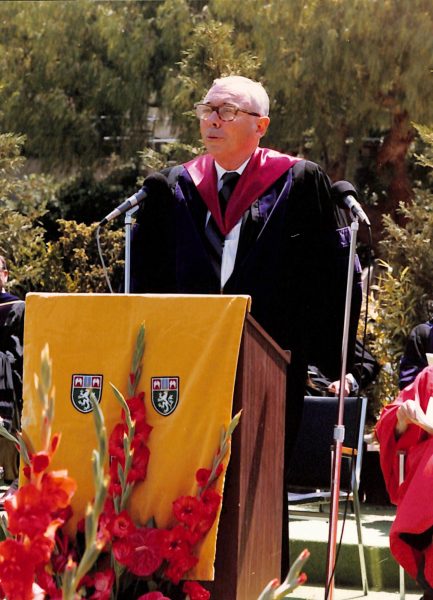
Levin said Munger’s leadership, philosophy and mentorship are enduring and will continue to impact the school past his death.
“I was Munger’s disciple, [and] Weil was mine,” Levin said. “Before and after [Weil joined], the school is still being run in the Munger way. People don’t realize [that] Munger was a hell of a teacher. The best teaching and the best leadership is [one where] the teacher [and leader] can leave, and [their legacy] endures. That was Munger’s style.”
Munger’s annual and spontaneous donations to the school funded the construction of the Munger Science Center. The 39,000-square-foot “science teacher’s dream” was largely designed and architected by Munger, according to the L.A. Times. In thinking about Munger’s impact on the school’s infrastructure, Hudnut said Munger’s legacy was intended to be long-lasting.
“He was a forward-thinking person,” Hudnut said. “In the Munger Science Center, the walls that separate the classrooms are not weight-bearing walls because he said [that] at the time the building was constructed, ‘We don’t know what the future of education is going to look like.’ He wanted [us] to be able to knock the walls [down] if bigger classrooms are needed or add new walls if smaller classrooms are needed. He was quick to see the desirability and flexibility in that building.”
Munger was selected as the commencement speaker for the Harvard School Class of 1986 graduation. Andrew Jameson ’86 (Reese ’25) said Munger emboldened the class through his impactful message, although much older and disconnected from the graduating class.
“[Munger] would list all the different prescriptions, and it was clear that we were listening to someone who was incredibly accomplished and intelligent,” Jameson said. “He was an older guy when he first started speaking to us, and I wasn’t sure how he was going to connect with the audience because we were all 18. He was in his 60s, but I think he managed to inspire us to think critically about what it is we wanted to do with our lives. Munger set [us] off into the world in the right way through the power of his words.”
Commons said Munger will be remembered as both the school’s most devoted trustee and a beacon of wisdom.
“What a mind, what a life and what a gift to have been guided by such visionary wisdom and blessed by the embrace of [Munger’s] friendship,” Commons said. “There will be much more to say, but for now we will mourn his passing with unending gratitude for Munger’s extraordinary devotion to Harvard-Westlake, whose culture and aspirations will continue to honor his belief in this school and in all of us.”

























